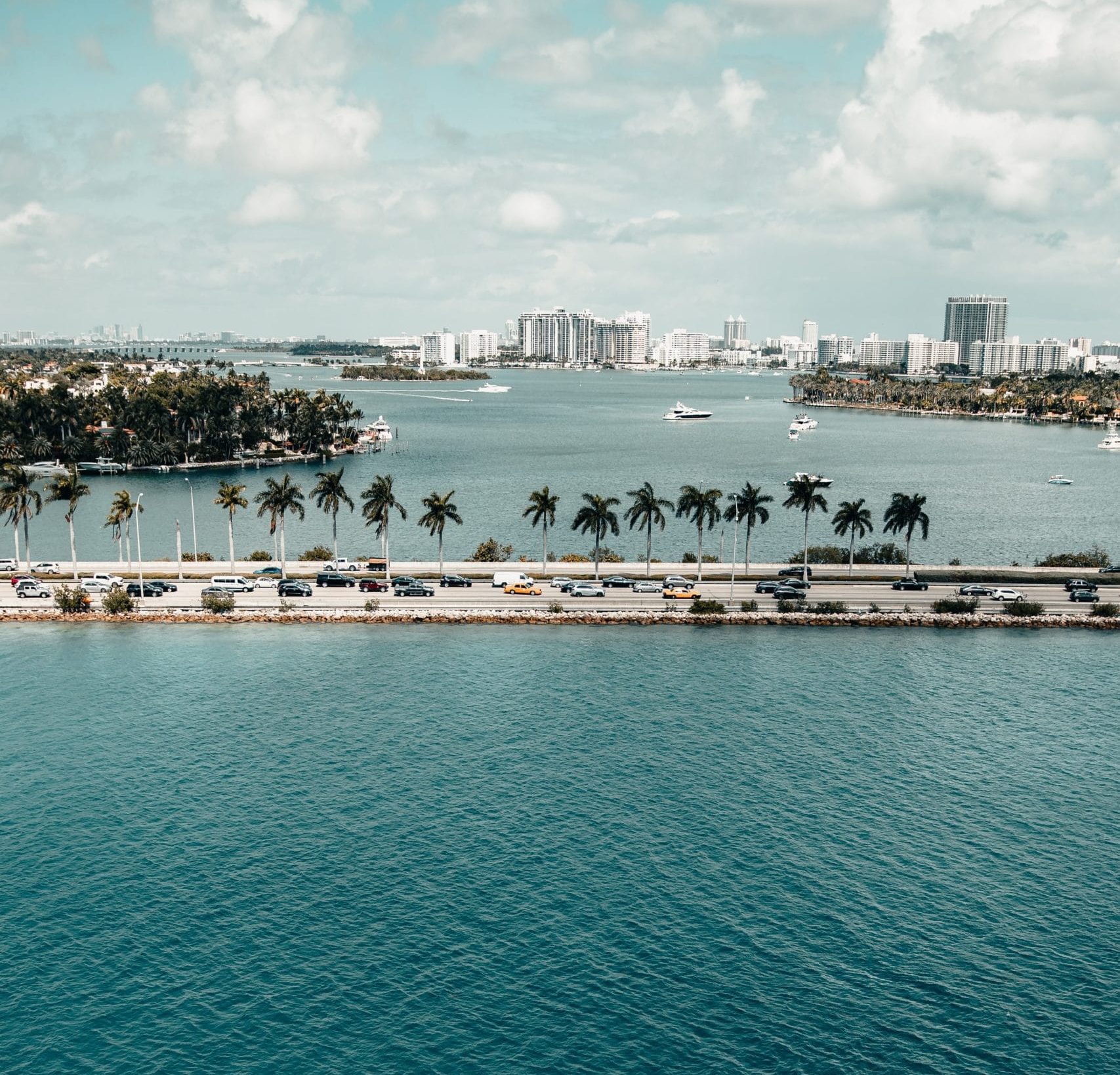Inflation Nation

Inflation—it’s a hot topic lately—and rightly so. It’s hard to escape the blaring headlines that the US consumer price index rose 6.2% in October 2021 compared to a year ago.
What does this mean exactly?—Well, on average, things cost 6.2% more than they did only a year ago. To put that into perspective this has been the biggest year-on-year jump since 1990, and the jump is 3 times the Federal Reserve’s 2% target for inflation.
Expert opinions differ on how long this rise in prices will last and whether this is just a temporary effect of the economy going back to normal vs it being the “new normal” that will last for many years. So, what can you do about it? The answer is the same as with most investment and money questions: play the long game and diversify.
One way to protect your wealth from inflation is to invest in assets that are not subject to swings or losses in value due to inflation. Some of the assets that are cited as being good bets against inflation are certain types of bonds, gold, and—yes, you guessed it—real estate!
But before we get into how to protect yourself from this invisible force that makes your happy hour cost more, let’s take a step back and just go over what inflation is and what it means for you.
Inflation is an increase in the price of goods and services, usually calculated by year. This means that the money you are earning or have in your bank account buys you less. If you were spending $100 a week last year at the grocery store and inflation is at 6.2%, you can expect that you will now be spending roughly $106.20. This is not exact, as the consumer price index (what is used to measure inflation) tracks several goods and services, but you get the idea. And although 6.2% may not sound like a lot, if you apply that to your entire budget—think gas, phone bill, groceries, haircuts, toilet paper, date night and of course your streaming subscriptions—it adds up. Unless you get a raise or invest in assets that hedge against inflation, you will be able to afford less over time.
With all that said, how does real estate protect your wealth from inflation?
Higher prices usually also increase the value of real estate over time, so the value of your asset goes up. That also means that any property debt becomes lower relative to the rising value of the property (and therefore easier to service/pay off).
Looking at commercial real estate specifically, for most types, the income produced by the property can go up as prices go up. Why? Well, imagine the property is a hotel. In an inflationary environment those hotel rooms will be more expensive. That’s bad for vacationers but, in a properly managed hotel operation, good for investors, as the net income for the property should rise in response to rising prices.
But what if the property has commercial leases? If they are ten-year leases with no variable components (as is sometimes the case with retail and office spaces), then you can be left in a bad place. If, however, the rent payments have an income sharing component (like most food and beverage leases, for example), then you can be protected as rents will rise in response to a rising price environment.
Now with residential real estate, tenant leases usually renew on a yearly basis, so landlords have the opportunity to adjust rents regularly. An additional benefit for residential rental properties is that as housing prices go up, there will usually be more renters in the market driving rent prices even higher.
The takeaway: In a healthy economy, inflation is inevitable. But you can take steps to protect yourself (and your money) from its effects. Having a properly managed real estate portfolio as part of your investment strategy can help ensure that you continue to accumulate wealth rather than standby while your savings account’s value dwindles over time.
